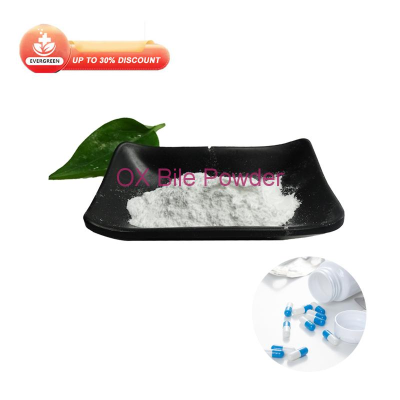-
Categories
-
Pharmaceutical Intermediates
-
Active Pharmaceutical Ingredients
-
Food Additives
- Industrial Coatings
- Agrochemicals
- Dyes and Pigments
- Surfactant
- Flavors and Fragrances
- Chemical Reagents
- Catalyst and Auxiliary
- Natural Products
- Inorganic Chemistry
-
Organic Chemistry
-
Biochemical Engineering
- Analytical Chemistry
- Cosmetic Ingredient
-
Pharmaceutical Intermediates
Promotion
ECHEMI Mall
Wholesale
Weekly Price
Exhibition
News
-
Trade Service
The current treatment of breast cancer will produce some side effects, such as hot water, night sweats and so on. These side effects can last for months or even years, severely affecting the quality of life of survivors. Eating more soy foods (such as soy milk, tofu) and crucifruan vegetables (such as cabbage, orchids) may reduce common side effects of these breast cancer treatments, researchers at the Lombardi Comprehensive Cancer Center in Georgetown said in a paper published in the latest issue of breast cancer research and treatment.
the study recruited 365 breast cancer survivors, 173 of whom were non-Hispanic whites and 192 Chinese-Americans. Studies have shown that eating more crusoe vegetables and legumes reduces the side effects of breast cancer treatment, but the effects vary from ethnic to ethnically, and the effect is more pronounced in white breast cancer patients than in Chinese breast cancer patients. The researchers explained that because Chinese women often have fewer menopausal symptoms and are already regularly eating crusader vegetables and legumes, it is difficult to see significant results in this sub-group.
researchers say the reduction in side effects of cancer treatment may be due to isoflavones in soy foods and thioglycosides in crusoe vegetables. Isoflavones bind to estrogen-infused to produce weak estrogen effects, while thiosglycoside affects the regulation of metabolic enzymes to inflammation and estrogen levels, thereby reducing side effects of breast cancer treatment.
also found that in women who ate more legumes, symptoms such as joint disease, thinning hair, and memory loss were also less common, but the association was not statistically significant.
researchers say they also need to do more research to build larger samples of subjects and more detailed dietary data, and they do not recommend that breast cancer patients suddenly overeate soy foods until further research is available.
by Liu Haiying.







